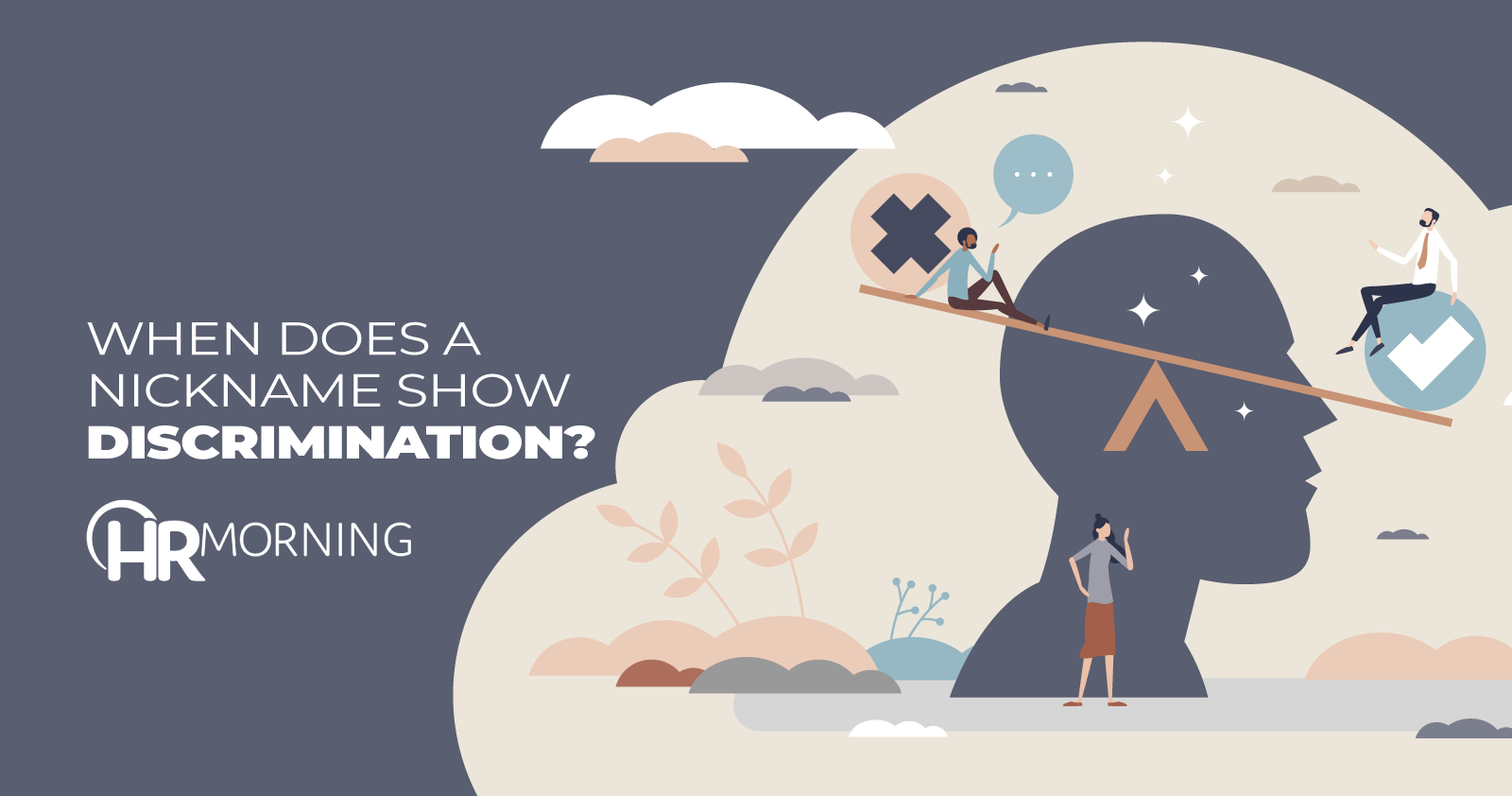What’s solid evidence of race bias, and what’s not? In this lawsuit, a Black worker claimed that the use of the nickname “Sly,” together with other allegations he offered, showed illegal race bias in the workplace.
A federal appeals court was not convinced, and in Wince v. CBRE, Inc., it upheld a lower court’s ruling in favor of the employer.
Sylvester Wince, who is Black, began working as a maintenance mechanic at Northwestern Memorial Hospital in Illinois in 2001.
In 2010, the hospital contracted with an outside firm called CBRE to provide maintenance services to it. The new firm kept Wince and assigned him the job title of Stationary Engineer.
Nickname and other problems
Wince claimed that he was denied a promotion based on his race: He applied for a post that was given to a white applicant. But the white applicant already held a position that was higher up in the employer’s positional hierarchy, and for him, the move was essentially a lateral transfer.
Wince also said he was subjected to racist slurs and a discriminatory nickname: “Sly.” According to Wince, that nickname was racially derogatory because “it suggested he was sneaky.”
Wince further alleged that someone wrote phrases including the N-word, “you don’t belong here” and “we don’t want you here” on his lunchbox.
In addition, he said a director told him, “[W]e don’t like you” and another director told him he that if he wanted a promotion, he was better off looking somewhere else.
He also said a verbal warning he received, which the employer said was justified because he did not respond to a work order, further supported his allegations.
He sued for race discrimination and constructive discharge.
A lower court ruled against him, and he appealed.
Appeals court: ‘You lose’
The appeals court said that Wince “never presented any theory of the case that gathered the evidence, organized it, and explained how and why a trier of fact could conclude that it added up to race discrimination.”
As to his claim of wrongful promotion denial, the appeals court said Wince showed only that he lost out to a candidate who was qualified for the job.
And as to the use of the nickname “Sly,” the court said the nickname is “a nonracial name” and added that his co-workers stopped using it as soon as he asked them to do so.
None of Wince’s other evidence was enough to get his case to a jury, the appeals court found.
The only racist incident supported by the record was the one relating to Wince’s lunchbox, the court said. But that was an isolated incident, the court explained, and Wince did not give his employer a chance to address it.
The decision for the employer was affirmed.
What’s in a (nick)name?
Other courts have grappled with the question of whether a particular nickname adequately supported a claim of discrimination.
In one case, an employee tried to support her claim of age bias by saying other workers called her “Mom.” The court said the use of the nickname was not strong evidence of age bias, “[g]iven that the nickname ‘Mom’ might indicate a whole host of characteristics and associations — some age-related and some not.”
In another case, in support of her claim of race bias an African-American employee offered the allegation that a white co-worker called a different Black co-worker “She-na-na.” In that case, the court allowed the race bias claim to proceed in light of that and other allegations.
And in a third case, an employee alleged discrimination based on his Indian national origin and said co-workers called him “Harshidoodle,” “Harsh” and “Harshy.” There, the court said that the employee “has not alleged that there is anything about the name ‘Harshidoodle’ that is discriminatory or derogatory to his race or national origin.”
Finally, in another case, a Latin American man supported his Title VII allegation of discrimination by alleging that a supervisor repeatedly called him “Willy Bobo.” He pointed out that “bobo” means fool in Spanish, and he said “Willy Bobo” is a racial slur. The court allowed his claim to proceed.
Best practice: If an employee complains about a nickname being used to refer to them, take prompt steps to stop its use – regardless of whether the nickname seems offensive from an objective standpoint.


